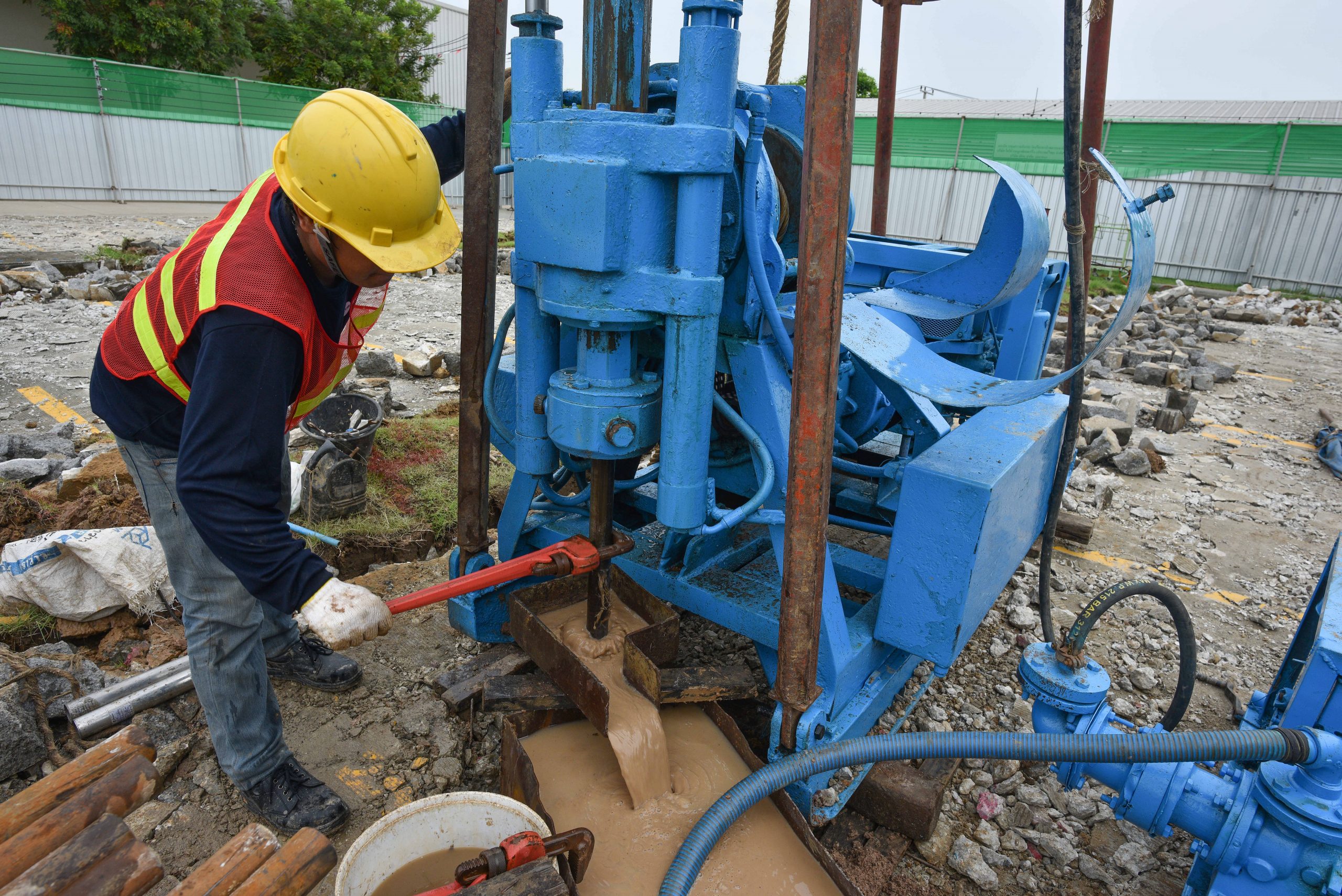
As our world rapidly develops into a concrete jungle, the need for geotechnical instrumentation and monitoring has also increased. For anyone who doesn’t know, geotechnical instruments are sensors used in the geotechnical field or in large civil engineering projects to study the overall health of the structures. The total range of geotechnical instruments and their application is genuinely limitless.
Geotechnical monitoring is a sub-branch of geotechnical engineering that primarily deals with health check-ups of structures. All civil engineering projects – regardless of size – need extensive monitoring before and after construction to ensure everyone’s safety.
Geotechnical monitoring starts by surveying the land and nearby areas and continues until the project ends. For structures, buildings, bridges, etc., it’s recommended that geotechnical monitoring must be done regularly to ensure the ideal maintenance and safety of men as well as the material.
A structure may fail due to several reasons like geological instability, design flaws, inadequate maintenance, deterioration of materials, etc. however, with the help of a professional geotechnical monitoring program, you can easily prevent such failures.
When it comes to major construction and civil engineering projects, professionals need first to measure several different factors, which include:
Several kinds of geotechnical monitoring instruments, services, and sensors that help professional engineers measure and collect data regarding different aspects of soil, rock, or water behavior like:
The raw data collected by these and other geotechnical monitoring instruments and sensor types are collected, analyzed, and interpreted by professionals to give them an overall understanding of the structure’s mechanics and stresses.
All this information allows them to make decisions related to managing and controlling the construction in a way that helps ensure the maximum level of productivity and safety.
Geotechnical monitoring and instrumentation play a significant role in the overall success of a construction project. You can see it as a large umbrella that helps you shade all the essential construction projects ranging from tunnels, deep excavations, high-rise buildings, and boreholes to seaports, railways, airports, dams, and bridges. It is done to ensure the short-term and long-term safety of all structures. Geotechnical monitoring is ideally carried on during the pre-construction, construction, and post-construction for remediation. Doing so will make the works and infrastructure much safer, and costs will fall much more than we may realize.
Follow, engage, learn. Stop by our blog to see what’s happening at G3SoilWorks.
G3Soilworks – a full service geotechnical/ engineering geologic consulting firm serving clients since 2009 and delivering expert solutions with our highly experienced team and specialized consultants.
G3SoilWorks
350 Fischer Avenue Costa Mesa, CA 92626
Tel. 714.668.5600
E. info@g3soilworks.com